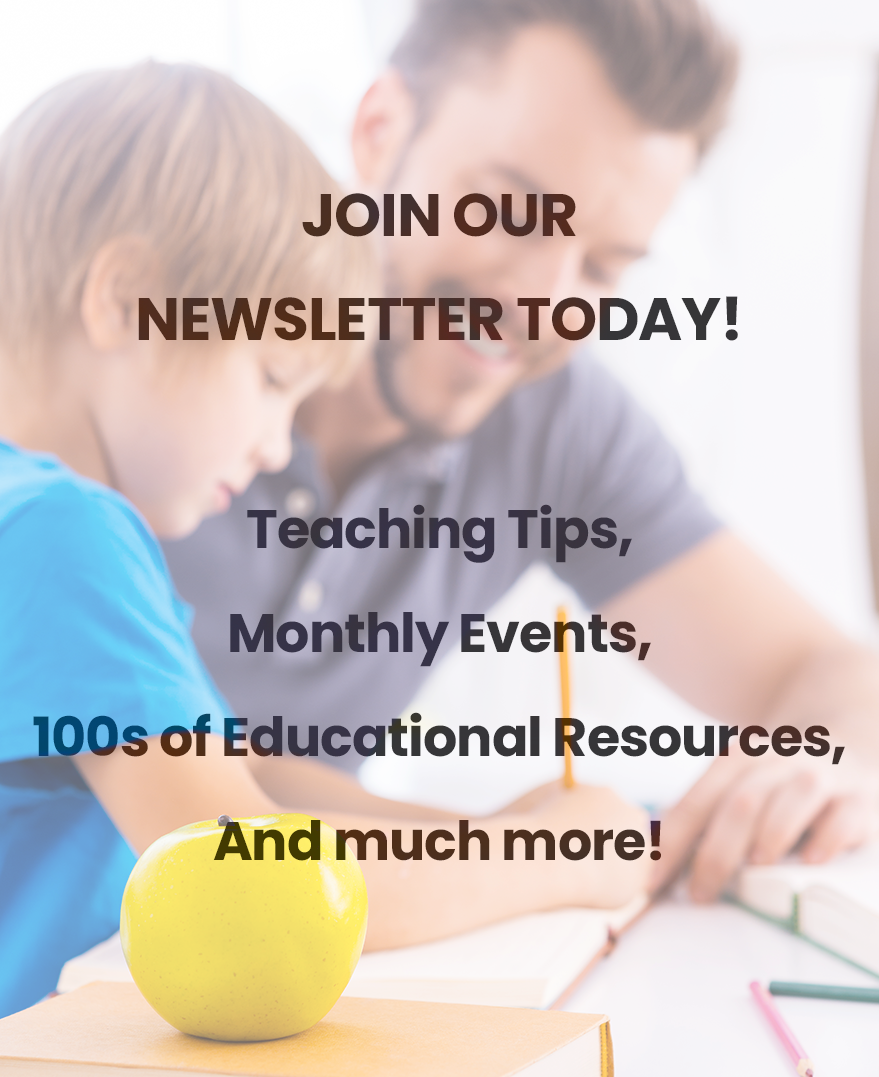

This feature is only available to premium members
Checkout our Premium Accounts
Select your Account Type
I'm a Parent Add up to 6 childrenPrimaryLeap has introduced a new interactive learning platform and would like to offer you a completely Free Upgrade.
We understand that you may only want to use our services for worksheets and may not want to upgrade your account.
But if you are interested in trying out our new services then you're just a click away.
An email has been sent to your account please activate your account to continue.

PrimaryLeap has introduced a new interactive learning platform and would like to offer you a completely Free Upgrade.
We understand that you may only want to use our services for worksheets and may not want to upgrade your account.
But if you are interested in trying out our new services then you're just a click away.
An email has been sent to your account please activate your account to continue.

An email has been sent to your account please activate your account to continue.

You've answered
and have 2 Questions remaining
Import multiple students information through a CSV File. Browse or drag .CSV file below.